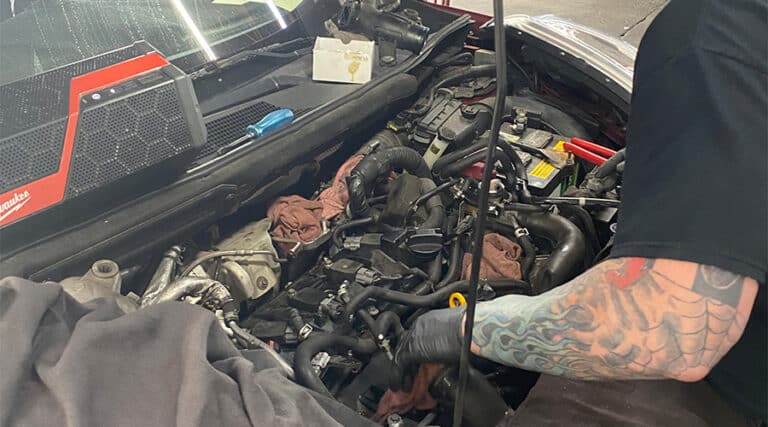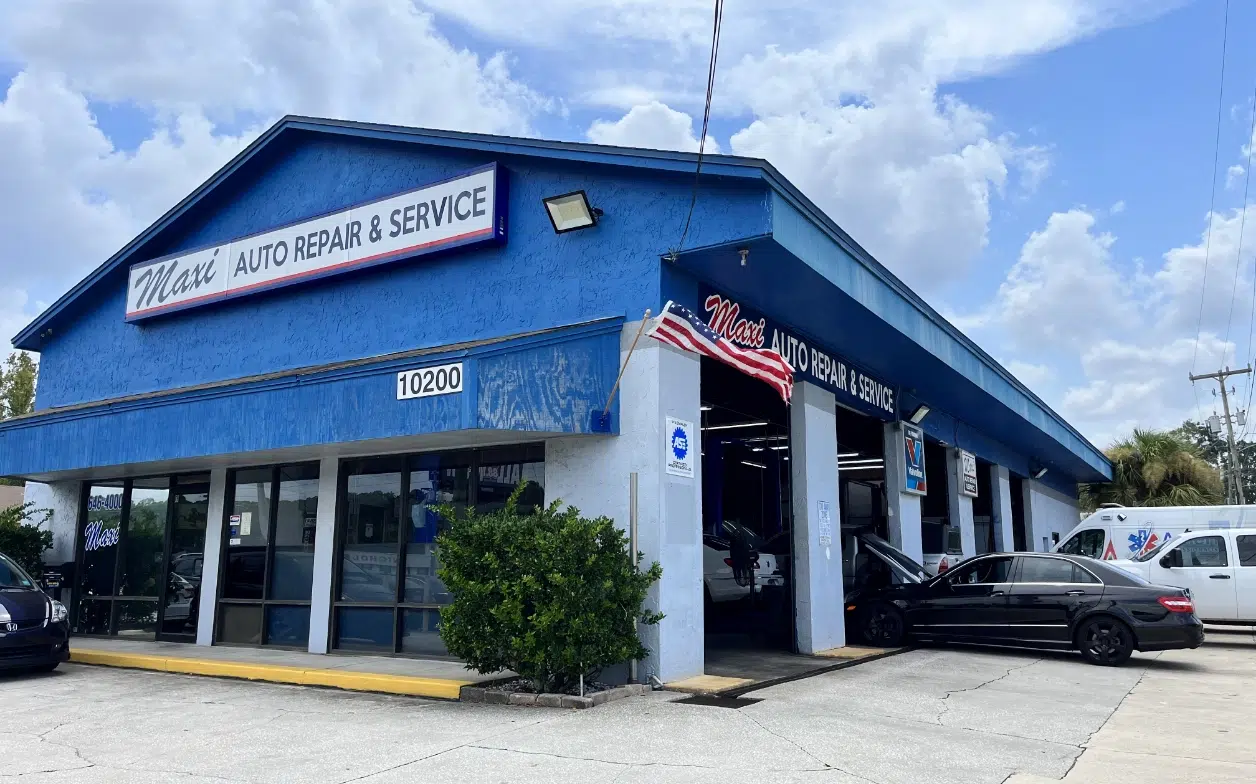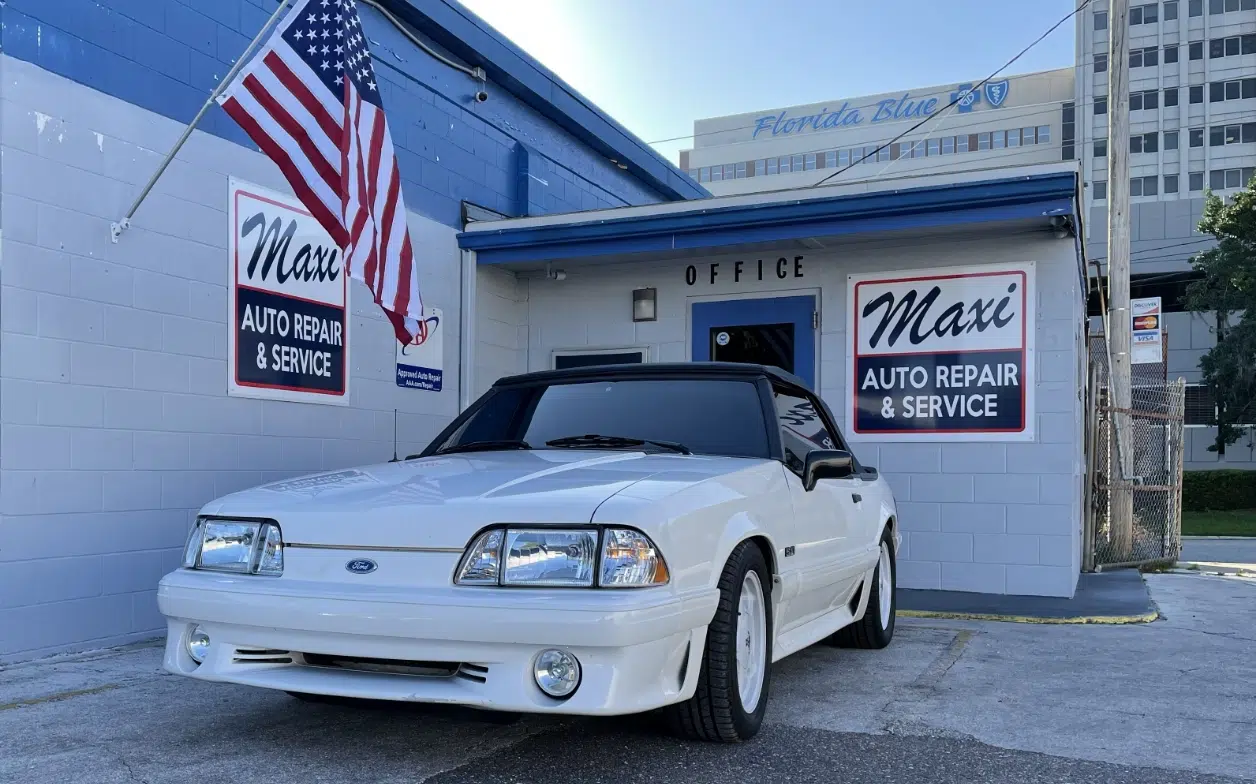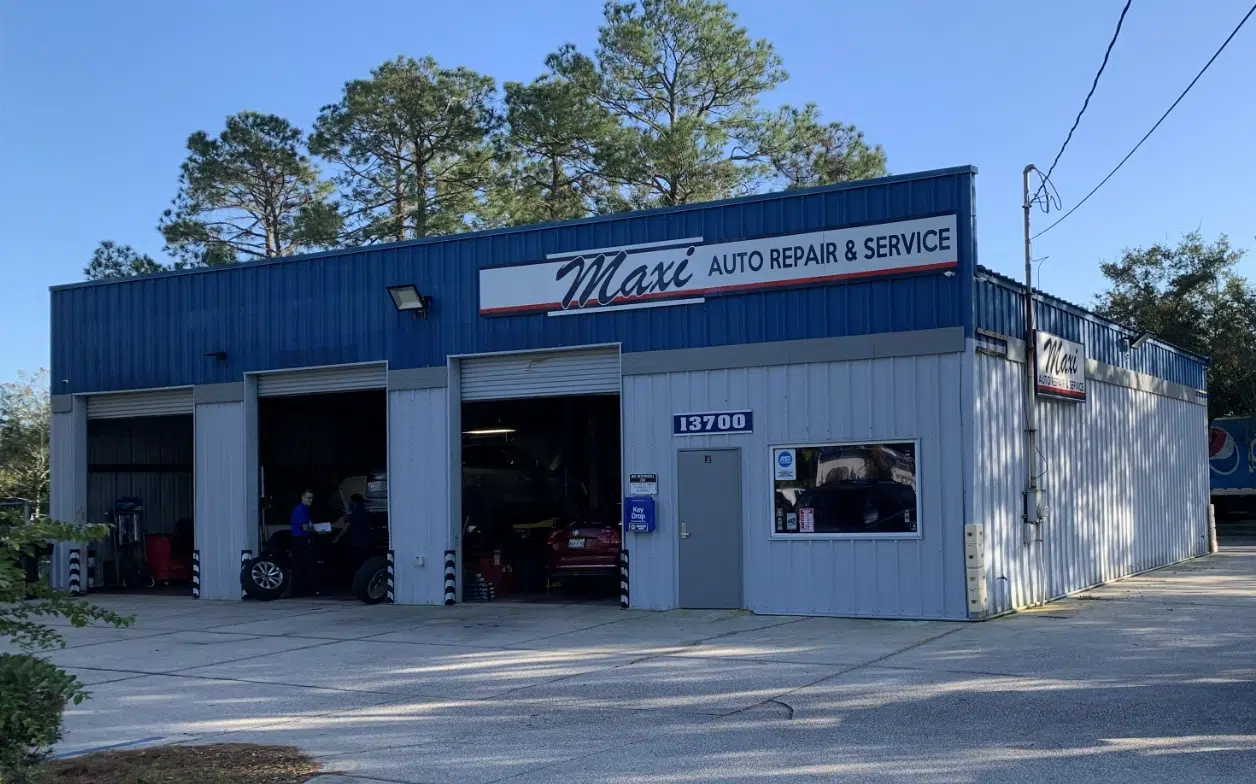As a car owner, you expect your vehicle to perform smoothly and consistently every time you get behind the wheel. However, there may be times when your car feels sluggish, unresponsive, or even dangerous to drive.
These symptoms are often referred to as “poor driveability” and can be caused by various factors. Let’s discuss some of the most common causes of poor car driveability.
Clogged Fuel Injectors
Fuel injectors are responsible for delivering the correct amount of fuel to the engine. Over time, these injectors can become clogged with dirt, debris, or other contaminants, leading to a lack of power and poor fuel economy. If your car feels like it’s struggling to accelerate or if you notice a decrease in gas mileage, it may be time to have your fuel injectors cleaned or replaced.
Bad Spark Plugs
Spark plugs are essential components of the ignition system, providing the spark that ignites the fuel in the engine. When these plugs become worn or fouled, they can cause misfires, which can lead to poor driveability. Symptoms of bad spark plugs include rough idling, hesitation or stumbling during acceleration, and reduced gas mileage.
Faulty Oxygen Sensor
The oxygen sensor is responsible for measuring the amount of oxygen in the exhaust system and sending this information to the engine control module (ECM). If the oxygen sensor is faulty or fails altogether, the ECM may not receive accurate information, leading to a range of issues. These may include reduced power, decreased fuel efficiency, and increased emissions.
Dirty Air Filter
The air filter prevents dirt, dust, and other debris from entering the engine. If the air filter becomes clogged or dirty, it can restrict airflow, reducing engine performance and fuel efficiency. A dirty air filter can also lead to rough idling, decreased acceleration, and even engine stalling.
Malfunctioning Mass Airflow Sensor
The mass airflow (MAF) sensor measures the amount of air entering the engine and sends this information to the ECM. If the MAF sensor is malfunctioning or dirty, it can cause various issues, including rough idling, hesitation during acceleration, and decreased fuel efficiency.
Failing Ignition Coil
The ignition coil generates the high voltage needed to create the spark that ignites the fuel in the engine. If the ignition coil is failing or has failed altogether, it can cause misfires, leading to poor driveability. Symptoms of a failing ignition coil may include rough idling, hesitation or stumbling during acceleration, and a decrease in power.
Low Fuel Pressure
If your car is experiencing low fuel pressure, it may struggle to accelerate or maintain speed. This can be caused by a variety of factors, including a clogged fuel filter, a failing fuel pump, or a faulty fuel pressure regulator. Symptoms of low fuel pressure may include rough idling, hesitation during acceleration, and reduced power.
Transmission Issues
Poor driveability can also be caused by transmission problems, such as slipping gears, delayed shifts, or harsh shifting. Low fluid levels, worn clutch plates, malfunctioning torque converters, and other factors can cause these issues. If you notice any problems with your transmission, it’s important to have it checked by a professional as soon as possible to prevent further damage.
Got Driveability Issues? Reach Out to Maxi Auto Repair and Service in Beach Boulevard, Jacksonville, FL
Poor driveability can be caused by various factors, from clogged fuel injectors to faulty oxygen sensors or failing ignition coils. If you notice any symptoms of poor driveability in your car, it’s important to have it checked by a professional mechanic to diagnose and fix the issue.
At Maxi Auto Repair and Service – Beach Boulevard, we have a team of experienced technicians who can not only diagnose the issue but also do auto repairs. Call us at 1-904-646-4000 today or drop by our shop at 10200 Beach Blvd., Jacksonville, FL 32246.






